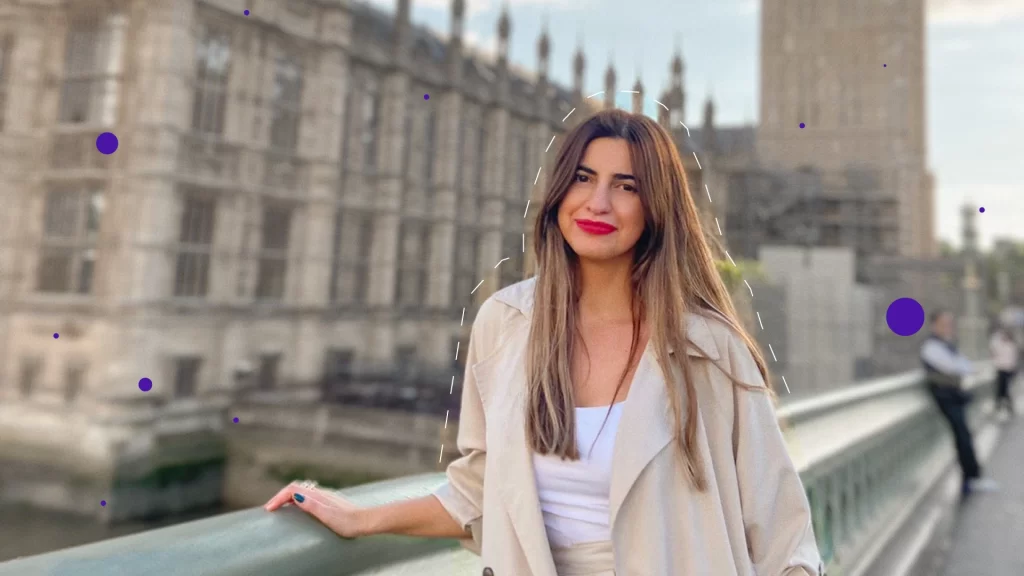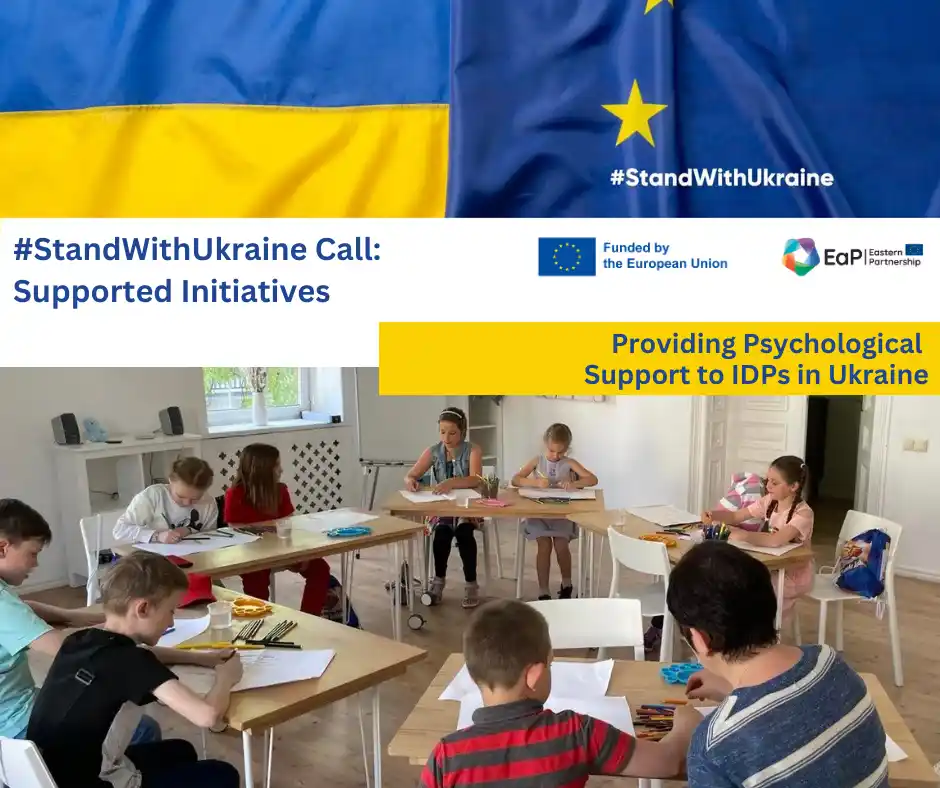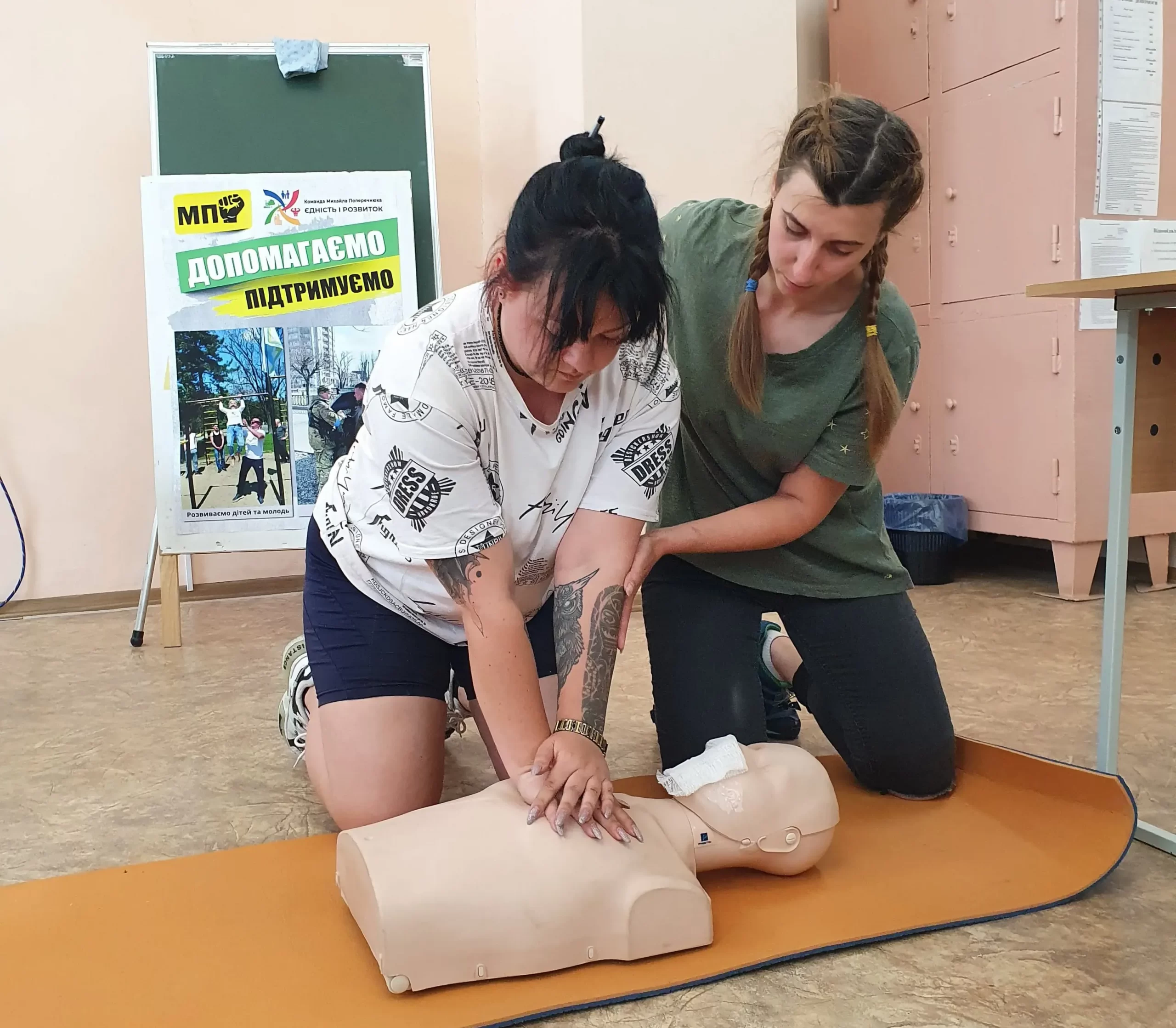
Author: Teona Tomashvili. EaP Civil Society Fellow 2021
What comes first to your mind when you hear civic tech? If you had asked me 2 years ago, I’m not sure how I would have explained it, especially in *that horrifying pandemic phase* of my life. Perhaps, I would have focused on the technology aspect, explaining the functionalities and giving examples of cool tech tools. However, after we at ForSet launched AskGov.ge, a citizen-centric platform that simplifies the freedom of information request process, my perspective on civic tech has majorly evolved.
Now, I believe that civic tech is about solving problems and bringing people together. Technology is just a medium that helps to achieve that. At ForSet, we recognized the need to simplify the FOI request process and make it accessible to everyone. We knew we couldn’t help everyone manually, so we decided to automate the process. After some research, we discovered mySociety, a British organization that had already created a freedom of information request platform that aligned with our vision. What’s more, their code was open-source, meaning anyone could use it for free.
After using the open-source tool to create and launch AskGov.ge, and building a loyal user base and community around it, I’d always wanted to meet the people behind mySociety and learn about the ‘behind the scenes’ of creating a civic tech tool that has stood strong for the past 15 years. I was also eager to meet the individuals who have used mySociety’s tool to make an impact in their community and across their country.
Fortunately, I was chosen as a Civic Digital Fellow of the EU-funded Eastern Partnership Civil Society Fellowship Programme and had the incredible opportunity to visit London and meet with some of the most inspiring civil society representatives. During my fellowship, I had the chance to broaden my perspective on civic tech. Out of all the experiences I had, I would like to share two stories that particularly stood out to me and left a lasting impact.
From Launch to Success: The Importance of Consistency in Civic Tech
Humans are always on the lookout for a hack or the easy way out. We’re no strangers to wanting to cut corners and find shortcuts. That’s why when I met Gareth Rees and Myf Nixon from WhatDoTheyKnow in London, I was blown away by their achievements and couldn’t resist asking them, “How did you do it? What’s the secret sauce to your success? How on earth did you manage to hit nearly one million FOI requests on your platform?”
A million FOI requests is a straight-up insane number, especially in the civic tech world. Civic tech tools have the power to change lives, but they’re not always widely adopted by the masses. That’s why I was so intrigued by WhatDoTheyKnow’s success.
If you’re not familiar with WhatDoTheyKnow, let me give you a quick rundown. It’s a flagship FOI request platform created by mySociety fifteen years ago. mySociety is a not-for-profit organization that’s been using online technologies to empower citizens and encourage greater civic participation. They launched WhatDoTheyKnow in 2008 to make it easier for people to get information from public bodies. A few years later, they even released open-source software Alaveteli enabling others to launch similar platforms in their own countries. Fast forward to 15 years, 20+ languages, 25+ jurisdictions (proudly including Georgia), and 1,000,000+ requests for information – these are some of the stats to describe the success of the platform.
But the answer to my burning question was not what I expected. “There’s no secret sauce to success,” said Gareth, Transparency Program Lead at mySociety. When we look at the analytics of users over time, there are no irregular spikes or rush, it’s a linear growth of the users – that’s what you get for being consistent for years.
It sounds so simple, yet, so many civic techs fail exactly for that reason – being excited to launch the tool, not having a long-term plan, and going extinct within the first five years when the first round of excitement fades away. I’ve heard so many times that consistency is key, yet hearing that from mySociety was extremely refreshing and inspiring for me. This is the team who runs the civic tech that beat the odds – survived the first five years and got stronger and even more impactful over the years. Realizing that you too can bring such a scale of impact in your own country by coming up with the plan, fixing and adjusting along the way, and being consistent – without any kind of secret sauce of success or magic – is inspiring.
Once I got back I embraced AskGov’s 2 400 requests (400 times less than a million, no big deal), worked on the next one-year and next five-year plans, introduced them to the team, modified them a little bit with the consultation of my team and started executing. If all goes well, you will be reading me bragging about the dreamy number in five years.
People behind the numbers
While the impressive numbers of mySociety’s success speak for themselves, what really impressed me was the team’s genuine focus on and appreciation for the people behind those numbers. They are driven by the real-world impact their tool has on the lives of journalists, researchers, campaigners and ordinary citizens, who use it to hold their governments accountable and to access vital information for their research, journalism, and advocacy work. That’s why, during my stay in London, mySociety introduced me to Jenna Corderoy, an investigative journalist at openDemocracy who specializes in obtaining documents under the Freedom of Information Act.
Before meeting Jenna, I decided to do a little research on her and was blown away by the sheer amount of impactful work she’s done. In 2022, openDemocracy won Campaign of the Year at the prestigious British Journalism Awards for their work on transparency in British public life, and their campaign was also nominated at the Press Awards that same year. In 2021, Jenna was shortlisted for Private Eye’s Paul Foot Award for an openDemocracy investigation into the government’s ‘Clearing House’ and the state of freedom of information. She was also longlisted for the Paul Foot Award and shortlisted for the investigations category for the British Journalism Awards in 2019. These accolades are a testament to Jenna’s tenacity and dedication to shining a light on government activities that would otherwise go unnoticed by the public.
When I had the chance to meet with Jenna, I was particularly intrigued by her work on the “Orwellian Clearing House” that she and her team had uncovered. As Jenna shared with me, during their investigation, they stumbled upon the existence of a “Clearing House” that operates under the Cabinet Office, a central government department. Whenever government departments or agencies receive “sensitive” information requests, these requests are flagged and sent to the Clearing House for review.
Jenna explained that their investigation began in 2018 when she submitted a Freedom of Information (FOI) request through WhatDoTheyKnow to obtain documents about the Clearing House. However, the request was denied, prompting Jenna and her team to take legal action. The case ended up in court, and the judge ruled in favour of openDemocracy, criticizing the Cabinet Office for their lack of transparency. Because of Jenna and openDemocracy, members of parliament even launched an inquiry and condemned the British government for running a secretive Freedom of Information ‘clearing house’.
This inspiring story has become the standard for me of what can be achieved when fighting for one’s freedom of information rights. Although the fight can take years, it can be very rewarding in the end.
I was recently denied access to freedom of information requested via AskGov.ge by one of the local municipalities. I have also decided to fight for my rights by filing a complaint to the same institution that I requested information from. If the complaint is denied, I will take my case to court.
Overall, my trip to London was empowering, teaching me a major lesson in the world of civic tech: consistency and dedication are key. As we keep pushing forward in this field, we can’t forget the huge impact our tools can have on real people’s lives. So let’s keep our noses to the grindstone, work hard, and keep our sights set on the long-term goal. With that kind of focus, there’s no telling what kind of positive changes we can bring to the world!
Background information:
Teona Tomashvili is one of the Fellows of the Eastern Partnership Civil Society Fellowship programme funded by the European Union. Its main objective is to support civil society activists or civically minded people from Armenia, Azerbaijan, Belarus, Georgia, Moldova and Ukraine who demonstrate a deep commitment to leading positive social change in their communities. The Eastern Partnership Civil Society Fellowship programme has been running since 2017 and today the Fellowship alumni has 147 Fellows from across the six countries of the Eastern Partnership. Details about the Fellows and their Fellowship projects can be found here.




